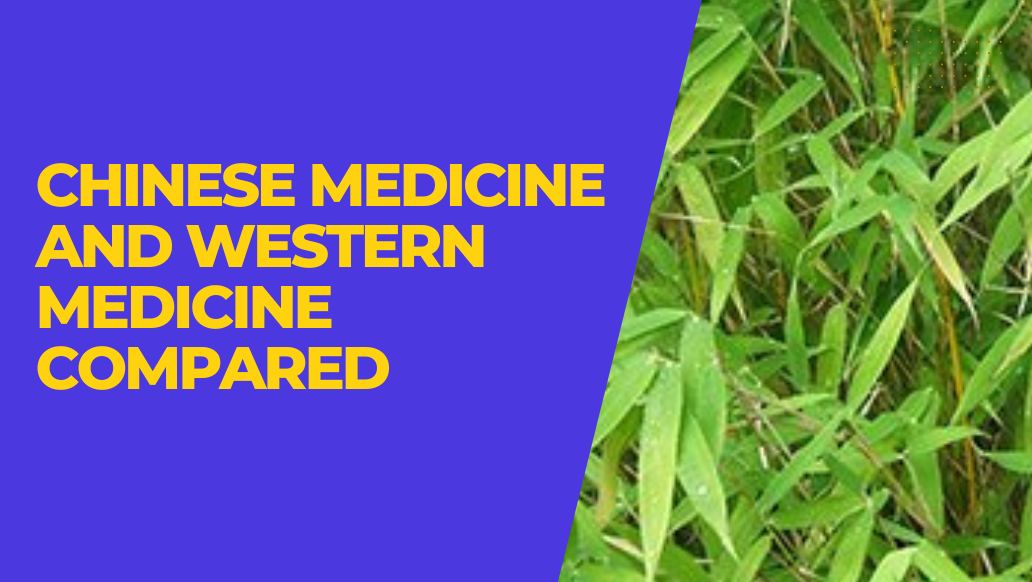For many millennia in our ancient past, Chinese and western medicine have developed independently from one another. The practices were influenced by culture, food consumed in each respective part of the world, religion, and spirituality.
Western medicine is dominant due to industrialization and life-changing discoveries like penicillin for treating diseases.
Herbal medicine is no longer as commonly used but still features heavily in Chinese Medicine. In this article, we want to outline some of the differences between western and Chinese medicine. The goal is not to lift one above the other. It’s essential to seek holistic treatment for any condition you suffer and choose whatever works best for you. However, if the western approach hasn’t helped with your complex conditions in the past, this post might help you understand how Chinese medicine could provide an alternative solution.
Chinese Medicine Treats the Whole Person
In western medicine, it is common to treat symptoms as they appear. The practice aims to fix an existing problem and provides diagnosis through tests. It doesn’t seek to address imbalances in the remainder of the body and often looks at a symptom as removed from the person.
On the other hand, Chinese Medicine looks at the person as a whole and diagnoses by looking at their appearance. For example, by examining the eye, skin, tongue, and pulse. It then tries to address the widespread systemic problems in the body, through which it can prevent and limit adverse effects.
The Use of Drugs
In Western medicine, drugs are often fast-acting. This makes it highly effective in treating acute or even life-threatening conditions. However, many western drugs have side effects and negatively impact the rest of the body. Some even can leave permanent damage.
In Chinese Medicine, drugs are designed to prevent and treat diseases over an extended period. Herbal medicine is usually safer to use because it considers side effects carefully. The aim is to create a healthier, better-balanced person as a whole.
A Personalized Approach
Western medicine is usually prescribed based on historical research on what can help people suffering from similar symptoms. Chinese medicine is more personalized, identifying treatments and even removing ingredients from medicine to address a person’s specific needs.
Chinese medicine also doesn’t just treat the body through drugs. Still, it helps ease pain and discomfort through holistic methods like acupuncture and massage.
The best treatment approach is not to choose one medicinal practice over another but to combine them. For example, Chinese therapeutic techniques like acupuncture can help supplement and enhance your western treatments and provide you with relief in the meantime.
If you’re interested in learning more about how Chinese medicine could help you, make an appointment with us at Acubody today. We are well experienced and qualified acupuncturist who specialise in complex conditions for which our patients have not found treatment using conventional approaches and employ a wide range of Chinese medicine practices to create a bespoke treatment plan for you.








